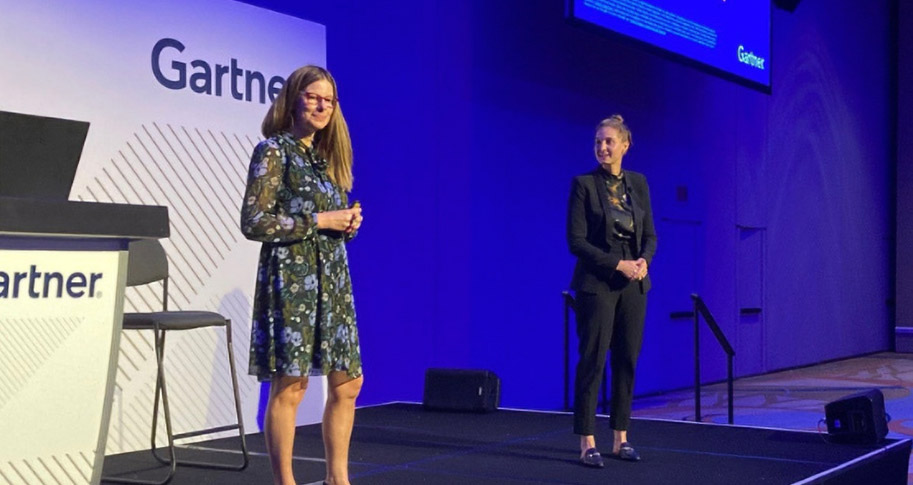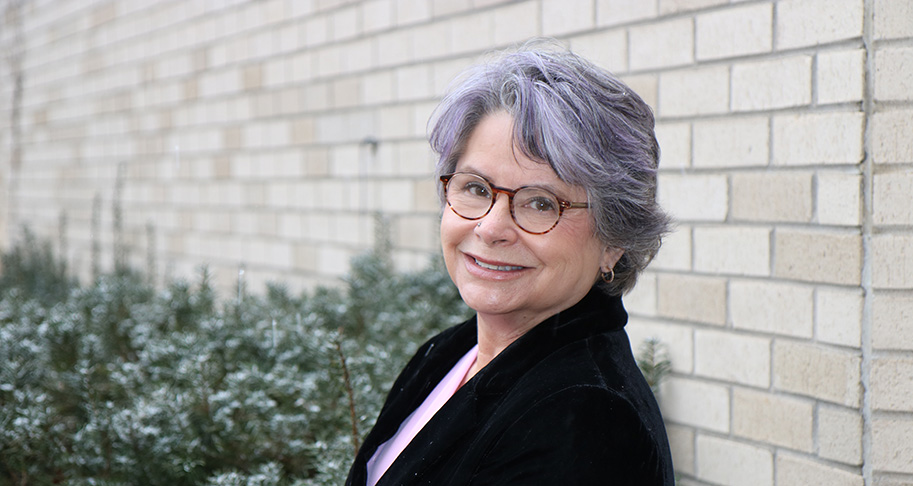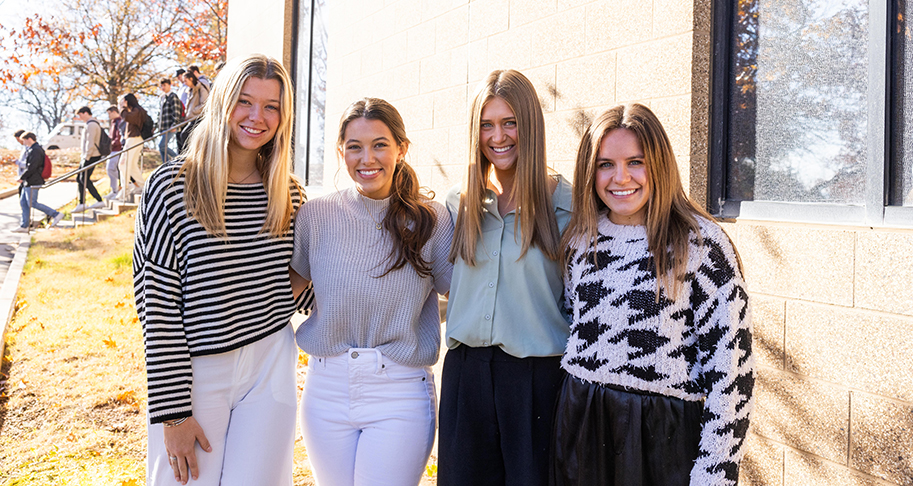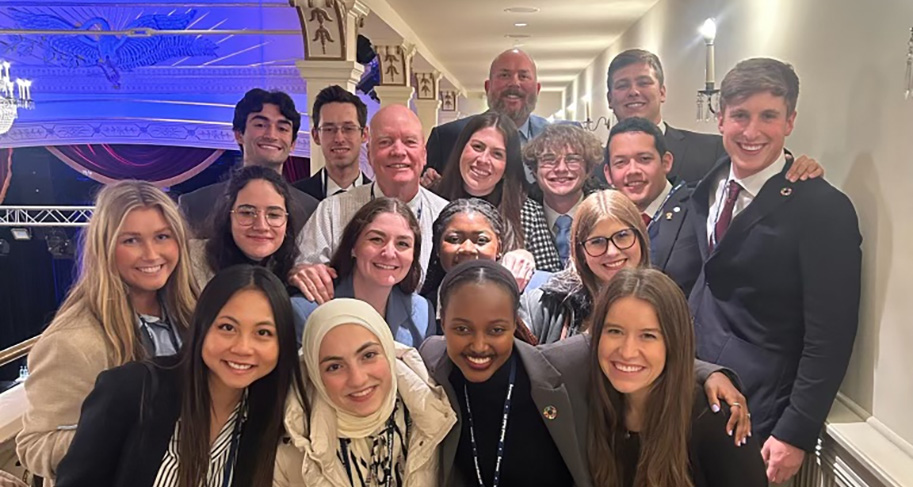
By Sarah Goforth
In my role as an entrepreneurship educator at a research university, I regularly “hit the streets” in search of non-business graduate students who are driven to solve problems, commercialize technologies or start new ventures. (The business students tend to find me.)
In academia, “publish or perish” is often viewed as the core mandate and a graduate student’s time is already stretched by the demands of coursework and grant-funded research. And students who want to explore entrepreneurship can feel tension with peers and faculty who believe that business, or anything that looks like it, is a distraction from or a threat to work driven by curiosity and theory.
As one molecular biology graduate student noted after a workshop I led for her department, “I associate the word ‘entrepreneurship’ with greed and capitalism. I was skeptical of everything you were saying as a result.”
I hope I was successful in broadening her view of the term, but my goal was not to change her mind about her career as a basic researcher. Far from it. Without the patient pursuit of knowledge for its own sake, what ground would entrepreneurs – particularly those working in deep tech fields such as drug development, clean energy, biotech and materials – have to build on?
Universities, and for the most part only universities, create a virtuous cycle between fundamental discovery and entrepreneurship. This culture, the blending of explorers and changemakers, is inextricable, or at least it should be. And, the evidence shows, it is most productive when people on both sides of the equation are celebrated and supported.
At the Office of Entrepreneurship and Innovation at the University of Arkansas, we discuss these cultural conditions every day. When the COVID-19 crisis hit, and many graduate students became unable to access their labs or field sites, we created an Innovation Scholars program to help them learn the principles of commercialization and entrepreneurship from home.
They are working on new forms of robotics, next-generation genome sequencing, algorithms that help detect disease, friction-reducing surface materials and other technologies that in most cases are still many years away from any practical application. But understanding the problems their research might solve and the market opportunities associated with those problems, gives them new ideas for their research and opens up career paths.
Our experience working with these Innovation Scholars and hundreds of other entrepreneurial students over the past two years, has yielded three key lessons:
- Entrepreneurship-friendly research environments are good for everyone.
Consider this study by the researcher Michael Roach at Cornell University. Roach found that STEM labs in which a principal investigator sets a supportive tone, encouraging graduate students to pursue any interest they have in entrepreneurship, are just as productive from a research point of view as labs that discourage entrepreneurship.
An added benefit is that students in the entrepreneurship-friendly environments are much more likely to succeed when they develop technologies and decide to bring them to market. Finally, as others have pointed out, commercialized technologies also bring new tools, questions and funding back to the fundamental research environment.
- The ability to think like an entrepreneur boosts careers in academia and industry.
Entrepreneurial skills can help someone start a company or a nonprofit venture. The tools required to start something new are also important for anyone who wants to help existing organizations develop new products or services, or be more sustainable, or solve important problems.
Take healthcare. Dr. Neel Shah, an obstetrician-gynecologist and Harvard professor, spoke to a group of students – nursing, business, engineering and others – at the Brewer Family Entrepreneurship Hub last spring. He relayed the story of public health workers who have battled HIV and tuberculosis in African communities. Traditional approaches – boosting the number of clinics and healthcare providers, marketing campaigns – were expensive and didn’t seem to work.
An inventive person who had spent time talking with people in the affected communities decided to try a simpler but unconventional approach: paying an ill person’s neighbor to check in and observe that person taking medication on schedule. No technology was involved in this approach, which is now standard practice and bears the label “directly observed care.” It was the pattern of thinking that led to this life-saving idea – starting with a problem, exploring it from a human perspective, trying simple experiments before spending a lot of time and money to build finished products – that mattered.
“Most problems, most people accept,” Shah said. “Entrepreneurship 101 is deciding you don’t want to do that.” When this light turns on for a student, it never turns off.
- Being part of an entrepreneurial team develops essential boundary-spanning skills.
We often interview and survey students and alumni who participate in entrepreneurship training offered by our office and through the curriculum of the Sam M. Walton College of Business at the University of Arkansas. These experiences have helped them create and build new ventures, for sure, but another theme consistently stands out: Entrepreneurship training, they tell us, made them better communicators. This is not about pitching for cash, Shark Tank-style, but about interdisciplinarity. Founding teams often have a good technical lead, a business lead and someone who is a great marketer or project manager. Their differences allow them to be wildly inventive and productive at the same time, so our programs insist, by design, on including many different disciplines.
Developing an ability to translate between business and science, or between design and technology, or between molecular biology and biochemistry for that matter, is game-changing for students. The creative possibilities at the boundaries between disciplines allows fresh approaches to problems, can give rise to integrative research questions that people deeply embedded in their disciplines do not see, and benefit any career.
It is no wonder that at the University of Arkansas, growing research productivity has coincided with a growing number of invention disclosures and technology-based ventures. But the development of a culture that embraces and supports entrepreneurship and commercialization has taken more than a decade, with plenty of room to grow.
The day after meeting the biologists, I spoke to three students pursuing graduate degrees in space and planetary science. Students in this program at the University of Arkansas pursue the most exquisite interdisciplinary research questions you can imagine – probing conditions on Mars and the moons of Saturn, exploring the birth and evolution of galaxies, building the tools and technologies that propel next-generation spacecraft and so much more – and many of them go on to careers with NASA.
After my talk on how to become a problem-seeker, my colleague and friend Larry Roe, who is a professor in the Department of Mechanical Engineering and Director of the Arkansas Center for Space and Planetary Sciences, asked me if I thought all science needed to start with a problem.
I do not.
The world badly needs people who are driven by questions, regardless of whether the answers will be useful to anyone. This freedom to advance knowledge in fundamental ways is the most important human endeavor because it is the foundation our future and our planet’s future stands on.
But the beauty and the richness of a university environment is that people who are driven by questions and ideas work side by side with people who are focused on problems, or jobs, or developing the regional economy, and many other things. All of our students deserve an opportunity to be scholars and entrepreneurs, explorers and changemakers, and the evidence shows that this is not only possible, but good for everyone.
 Sarah Goforth is executive director of the Office of Entrepreneurship and Innovation
and adjunct professor at the Sam M. Walton College of Business. An experienced entrepreneurship
educator and former communications executive, she trains student-entrepreneurs and
oversees innovation and entrepreneurship programs for students, faculty and alumni
of the University of Arkansas. She teaches the university’s graduate-level New Venture
Development course sequence and has served as an instructor and mentor in multiple
entrepreneurship programs across the state (including NSF I-Corps, I-Fund and UAMS
Health Sciences Entrepreneurship Bootcamp).
Sarah Goforth is executive director of the Office of Entrepreneurship and Innovation
and adjunct professor at the Sam M. Walton College of Business. An experienced entrepreneurship
educator and former communications executive, she trains student-entrepreneurs and
oversees innovation and entrepreneurship programs for students, faculty and alumni
of the University of Arkansas. She teaches the university’s graduate-level New Venture
Development course sequence and has served as an instructor and mentor in multiple
entrepreneurship programs across the state (including NSF I-Corps, I-Fund and UAMS
Health Sciences Entrepreneurship Bootcamp).






